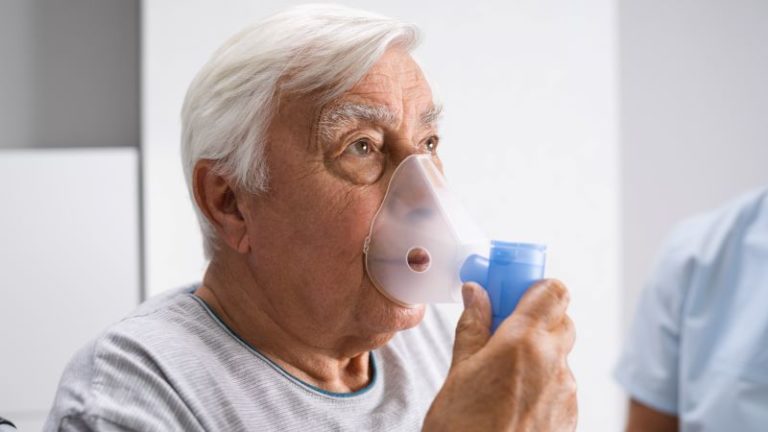In a recent cross-sectional study, researchers compared adults with severe allergic asthma (n=34) and hymenoptera venom anaphylaxis (n=32), finding that higher defensive functioning—an index of more mature implicit emotion regulation—was positively associated with mental health and negatively associated with depression, anxiety, and alexithymia. Assessment used the Short-Form Health Survey, Beck Depression Inventory, Hamilton Anxiety Rating Scale, Toronto Alexithymia Scale, and Defense Mechanisms Rating Scales Self Report-30. Men reported higher physical and psychological health than women. Notably, patients with severe allergic asthma showed greater defensive functioning yet reported lower physical health than those with venom anaphylaxis. Mental health scores did not differ between the disease groups.
Mediation analysis indicated that defensive functioning correlated with disease type and physical health and independently predicted mental health, explaining ~39% of the variance. These findings support the idea that defense mechanisms may mediate psychological symptoms in chronic disease and suggest practical value in incorporating brief screening for depression, anxiety, and alexithymia during follow up, with referral to behavioral health as needed. Researchers noted that larger, longitudinal cohorts with standardized methods are needed to validate associations and clarify how implicit emotional regulation influences outcomes over time.
Reference: Johnson V. Severe Asthma Linked to Stronger Defense Mechanisms Despite Worse Perceived Health. HCPLive. Published July 25, 2025. Accessed September 8, 2025. https://www.hcplive.com/view/severe-asthma-linked-to-stronger-defenses-despite-worse-perceived-health








